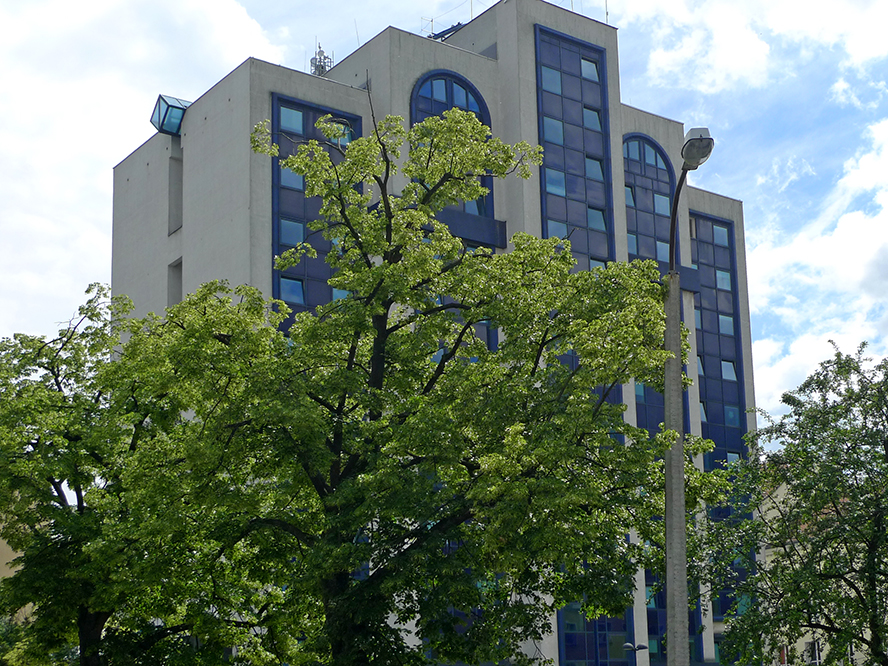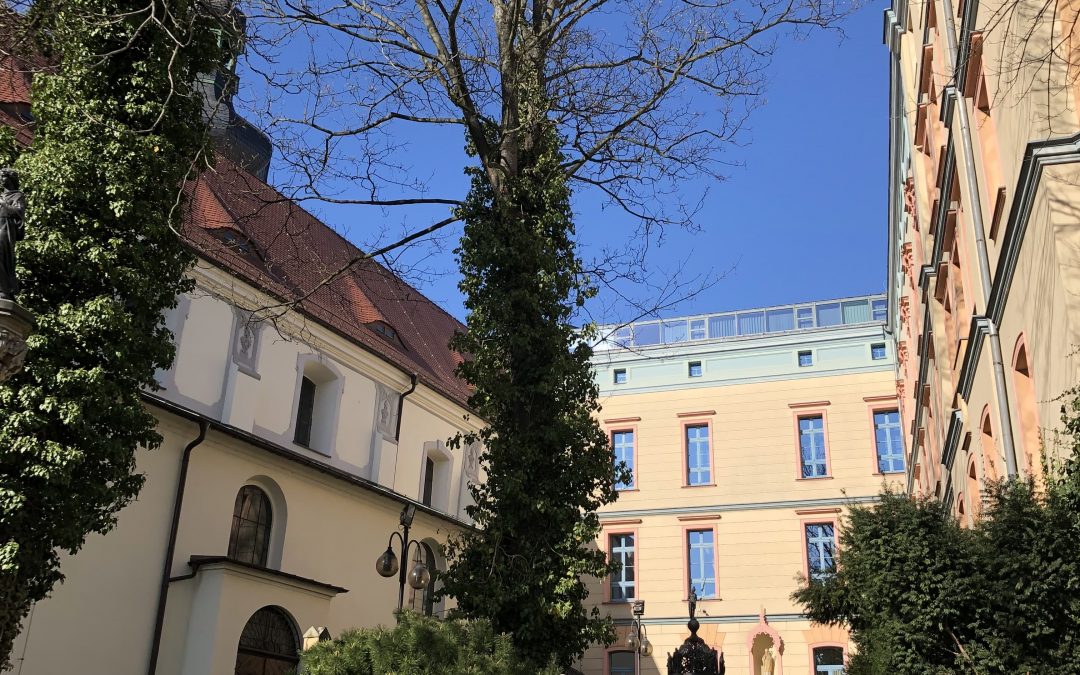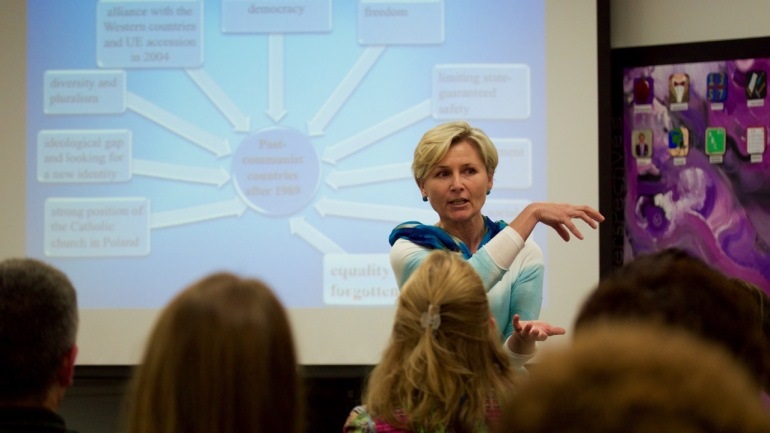As you probably know, on March 8 it’s the International Women’s Day. This year it’s also a day of an International Protest against the restriction of women’s rights. There are demonstrations across the country in dozens of cities and towns. Women and girls living in Poland are encouraged to take part in the protest by skipping work or classes in order to show their indignation at the planned changes in the Polish law.
Polish women’s problems have escalated starting from October 2015 when the Law and Justice Party took over the Polish Government. It’s the very first time after the change of the system in Poland in 1989 that one party has an absolute majority in the parliament. In the months following their election the party has started to introduce profound and controversial changes concerning many fields of the public sphere. Some of those changes affected women’s rights as well. In September 2016 there appeared in the parliament a civil society project (which was strongly supported by the Polish catholic church and many prominent politicians of the ruling party) almost completely criminalizing termination of pregnancies. Had the law been passed, victims of rape, incest and pedophilia would be forced to bear their assaulters’ children. That was the time Polish women felt compelled to say enough. October 3 2016 was the day of the first Black Protest. Hundreds of thousands of Polish women went out to the streets in Polish and foreign cities. This made the Law and Justice Government back off, but not for long. The abortion issue returns from time to time, and it’s possible that the law will be passed as soon as an opportunity arises.
However, the abortion law is not the only problem. The Minister of Health is going to change regulations on the availability of emergency contraception (it will be possible to buy it only with a prescription from a doctor), and the Minister of Justice plans on cancelling (!) The Council of Europe’s Convention on preventing and combating violence against women and domestic violence. Moreover, the Minister of Education – without any public consultations – has decided to abolish secondary schools, which means that thousands of teachers will lose their jobs in the following years. Hence, although the main postulates of the protesters are connected with women’s rights, for many it is an occasion to object the government’s decisions.
If you’d like to, you can participate in the Black Protest in Opole as well. It’s going to start at 4 p.m. on the Liberty Square (Plan Wolności; in front of the large “woman on a bull” statue). At 5 p.m. the protesters will march through Opole.
Regardless of whether you’re going to take part in the demonstration (don’t skip classes, please), if you’d like to express your protest against limiting women’s rights – don’t forget to wear black clothes!


Dormitories to be closed from 24.00 till 6 a.m.
Resolution No. 8/2020 of Chancellor of the University of Opole of 27 May 2020 on closing Dormitories after 24.00 On the basis of Art.15 para. 2 of the Organizational Regulations of the University of Opole (Ordinance No. 47/2019 of the Rector of the University of...

Visegrad Grant for Intercultural Communication
Sociologists from the Intercultural Communication Programme received a grant from the International Visegrad Fund for the implementation of the Borders & Dialogue: Past and Present of the Czech-Polish Borderland project. The leader of the project is the...

Variable course registration for winter semester 2020/2021
Dear Students! Next Monday, June, 1st, registration for the winter semester variable course opens. Please check in advance at your USOS-account whether you have access to registration, so you can freely choose the course when the registration starts. As usual, we...

The libraries are re-opening
Dear Students! We are happy to inform you that the libraries of the University of Opole are re-opening! The Main Library and specialized libraries of the University of Opole, except for the library of the Institute of Pedagogical Sciences, will be open from May...

Student Dormitories – new rules of accommodation
Dear Students! Please check the new Resolution no 7/2020 of the Chancellor of the University of Opole on the return of students, Ph.D.candidates, and other persons to Student Dormitories of the University of Opole and principles of accommodation of new persons....

“Project Gambia” – join charity program!
Dear Students! we encourage you to take part in the charity program "Project Gambia" which is run by the students of the University of Opole and the University of Technology in Opole. Gambia is a small impoverished country in Western Africa. You can support its local...

Welcome to UO – survey results
The programme is co-financed by the European Social Fund in the framework of Knowledge Education Development Operational Programme, non-competition project Increasing competencies of academic staff and institutions’ potential to receive people from abroad – Welcome...

First stage of loosening coronavirus restrictions
Dear Students! Polish government has prepared a 4-stage plan which aims to loose gradually coronavirus restrictions . The first stage starts on Monday, April 20 and will lift the following restrictions: Lifting ban on movement in public spaces, esp. parks and...

On-line meeting with Plenipotentiary for Equal Treatment
The Rector’s Plenipotentiary for Equal Treatment Dr. Marzanna Pogorzelska invites you to take part in the online-meeting : Dear Students, I would like to meet you on-line and talk how your life looks in these unusual conditions. I wonder how you deal with...

Take part in the webinar – “Polar adventure”
Dear Students! As part of the "Ready, Study, Go! Poland" campaign, the Polish National Agency for Academic Exchange organizes a series of webinars for students under the slogan: ‘Ready, Study, Go! Poland for students in Poland!’. Take part in the fourth webinar...